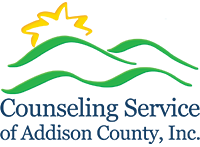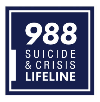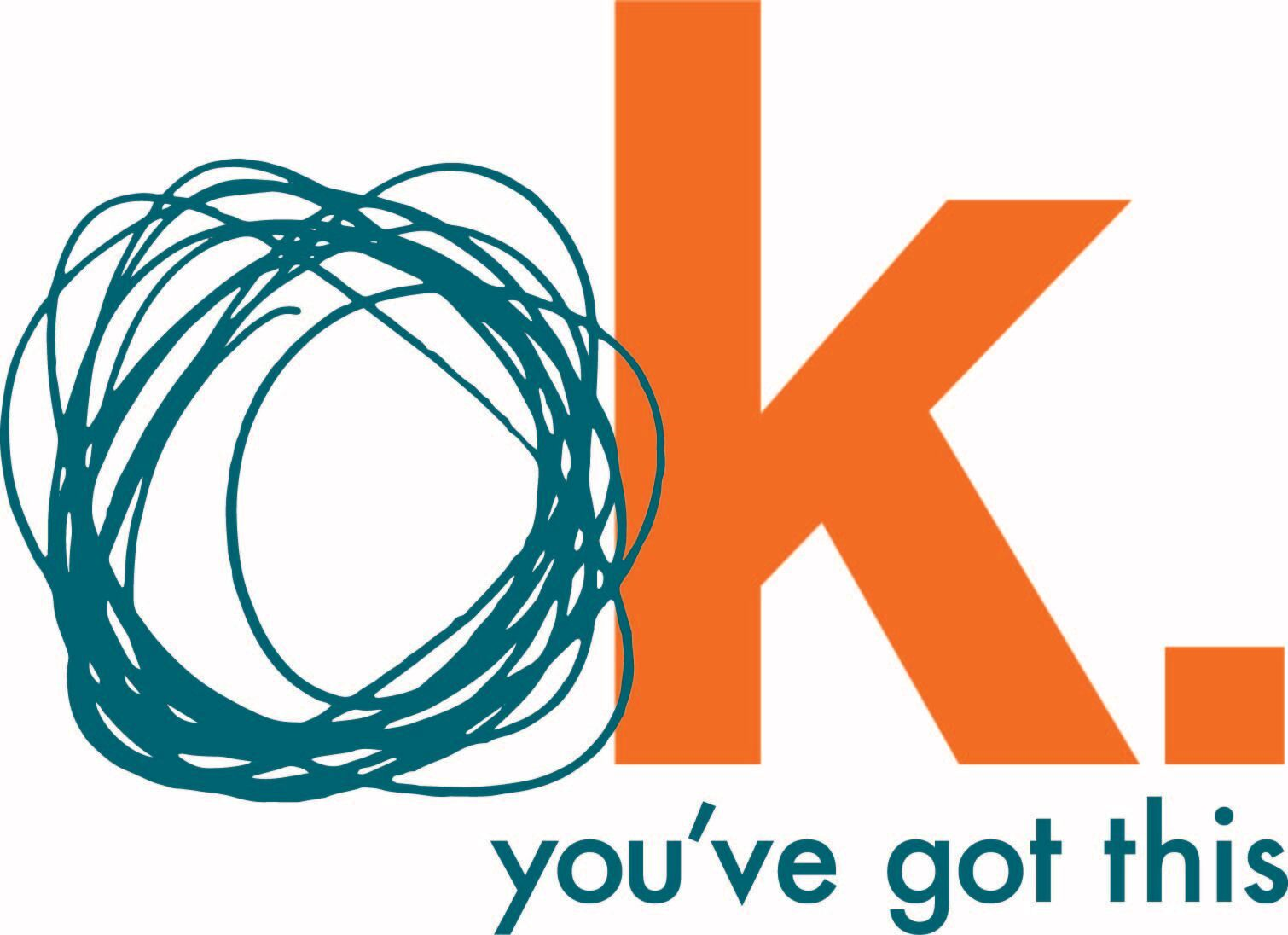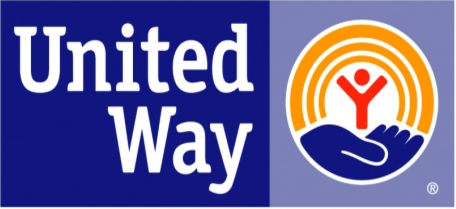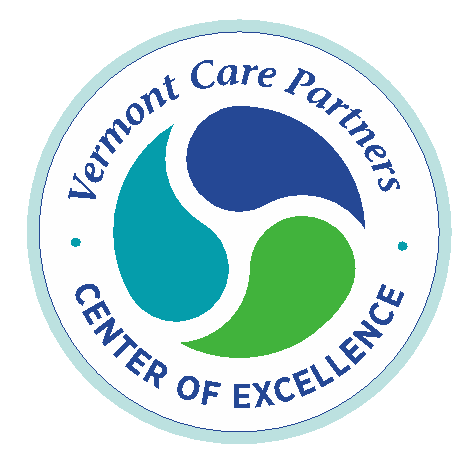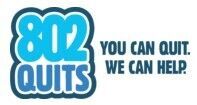
Meet Ryan, Direct Care Provider
What do you do?
I supervise a residential facility that serves adults with mental health and substance issues. I’m responsible for the overall safety of all residents during my shifts, and for helping residents with daily activities, social skills, and managing their symptoms and medications. The goal of the program is to help residents gain confidence in meeting their own basic needs so eventually they can live on their own.
What’s a typical day like?
We’re staffed 24 hours a day - I usually work evenings and nights. When I come in, we do ‘cross-over’ where the person coming on shift talks with the staff person going off shift. We do a med count and talk about any significant events for each resident from the day. After that, I usually go around the house and check in with each resident to see how they’re doing. I might ask how their day was or how they’re feeling – just making a connection. The residents are making their supper, doing their dishes and laundry and other daily activities. I try to engage in positive, recovery-oriented conversation as they do that and give reinforcement whenever I can. Positive reinforcement works so much better than just telling people what they have done wrong. In the evenings and again in the mornings, I administer medications (I am med-certified), and also prepare medications for people staying in the CSAC Crisis Bed. I also have paperwork to do and notes to read.
What skills does someone need to do this work?
Patience! Good communication skills. This is all mental, not physical work. Compassion. The ability to stay calm under pressure is good when residents have conflicts with each other. It all starts with you – people who are having a hard time will look to you as a guide so keeping your body language calm and saying calm things helps to keep everyone calm and safe. A basic knowledge of medication is helpful; CSAC provides a medication training, though.
What do the hard moments look like?
It can take a toll mentally some days. We hear everyone’s stories, their triggers, their background. Hearing some of the things that have happened to people – it can be a lot to take in. There are up to eight residents living here at a time, so sometimes there can be more than one person having a bad day. That’s a lot of hard moments. You really have to be mentally tough.
What are some of the most satisfying things you do?
Knowing that I am making a difference in one person’s life. Like just showing someone how to do their laundry. It all starts with just one person. That person might help someone else someday because of what I’ve showed them. That’s a big thing for me. There was one time when I helped a resident fill out a job application. He had never really worked before so it was a difficult thing for him. We sat down together and got it done. I remember seeing his face when he came back to tell me that he got the job. It was such a big event for him and I felt so happy to have been part of it.
Anything to add?
As a veteran of the war in Afghanistan, there are a lot of unemployed vets who might consider this kind of work. There’s so much stigma about people with mental health issues. It’s just a disease, like cancer or any other medical issue. But when you work with people with this kind of condition, you see how much of an amazing person they are. Even if they are a struggle at times, when you spend more time with them, you see that deep down, everyone is unique and amazing in their own way. Working in this field makes you so much less judgmental and more appreciative
